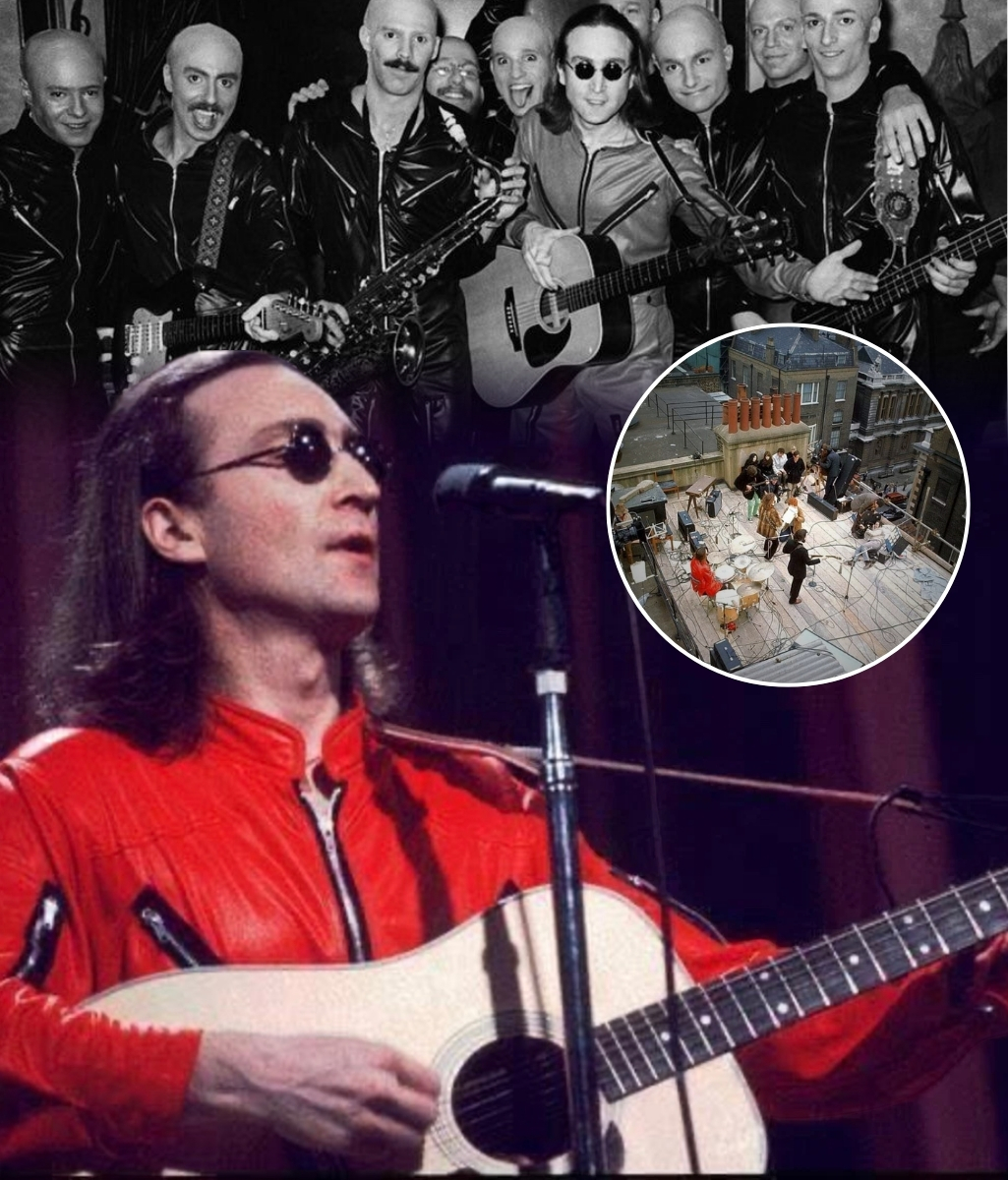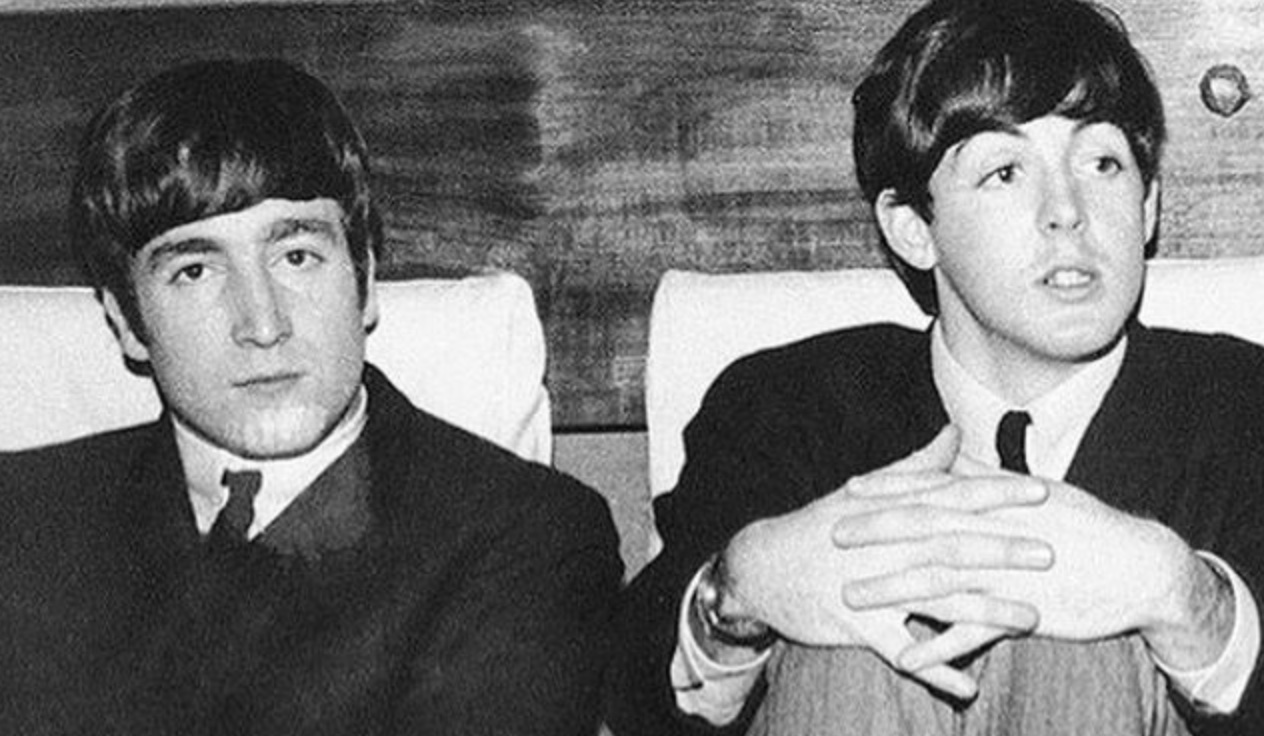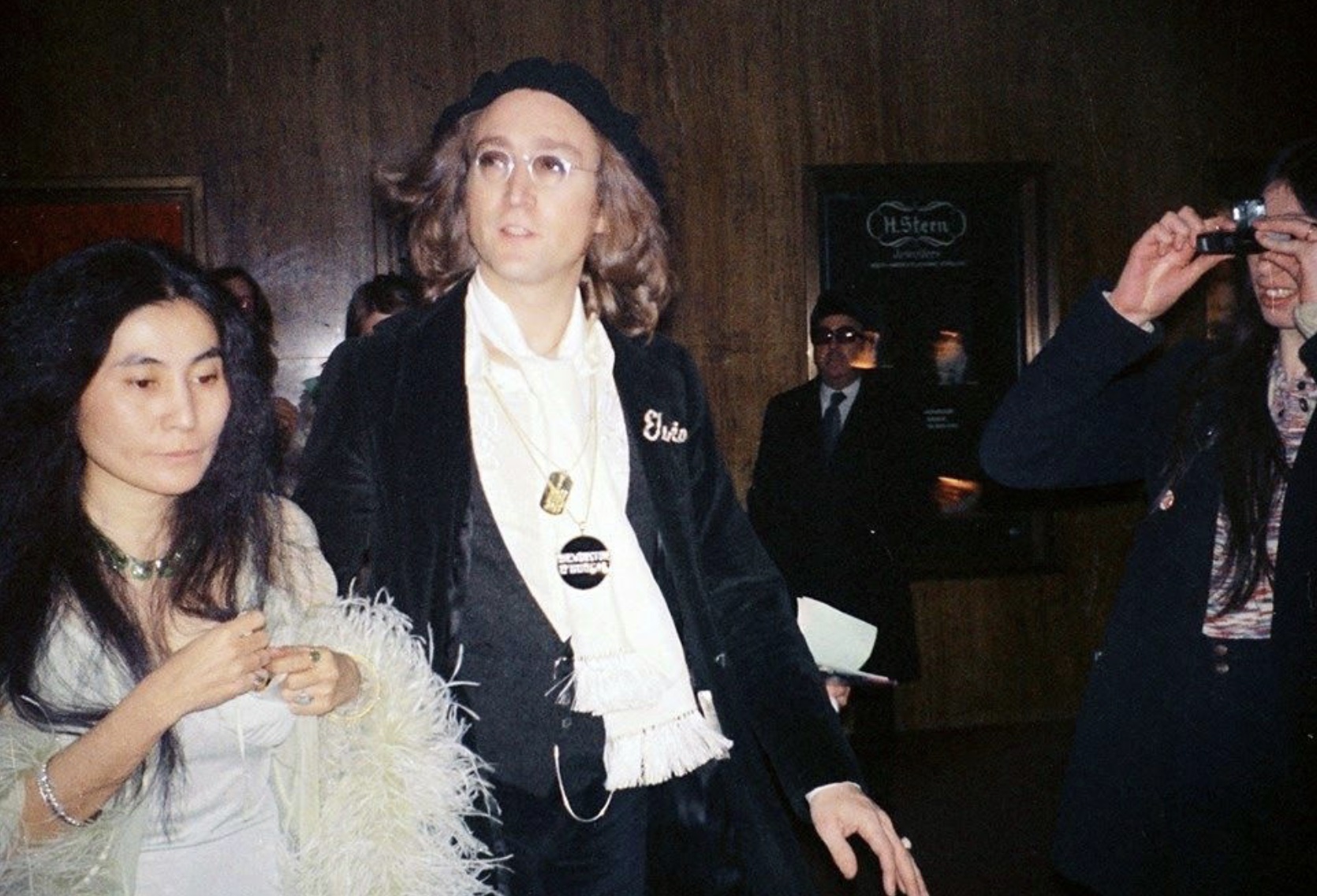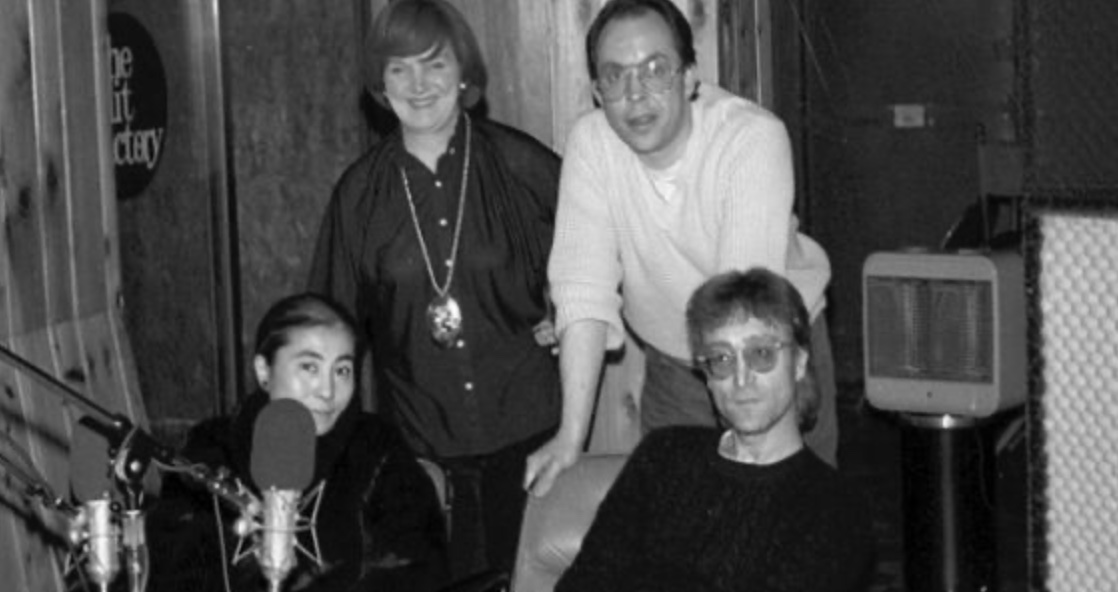
A Half-Century Ago in New York
It is almost impossible to believe that half a century has passed since John Lennon last stood before a live audience. For many fans, his surprise appearance alongside Elton John at Madison Square Garden in November 1974 is remembered as his swan song. Yet the truth is more complicated. Lennon’s true final concert took place just a few months later, on April 18, 1975, at the Grand Ballroom of the New York Hilton Hotel. The event was called Salute to Sir Lou, the Master Showman — an evening that, on the surface, seemed like pure celebration. But for Lennon, it was filled with irony, tension, and ultimately, quiet poetry.
The Irony of Saluting Lou Grade

The gala honored Sir Lew Grade, a British media mogul whose company, ATV Music, had once wrested control of the Beatles’ publishing rights. Back in 1969, John and Paul McCartney discovered through a newspaper that ATV had purchased Northern Songs — the company created by the Beatles and their manager Brian Epstein. Neither John nor Paul was given the chance to buy their own catalog. The betrayal left scars that endured for years, as songs that had defined a generation were now owned by outsiders. That Lennon would later perform at a tribute to Grade seemed almost unthinkable. Yet, in true Lennon fashion, if he had to appear, he would do it his way.
Two-Faced Masks and BOMF
John arrived at the Hilton ballroom with a sense of theater. His band, cheekily named “John Lennon, Etc.”, wore masks on the backs of their heads — Lennon’s jab at Grade, whom he considered “two-faced.” Even the bass drum carried a coded message: “BOMF” (short for “Brothers of Mother F**ers”* — Lennon’s private joke about sharing a bill with more polished acts like Julie Andrews). It was vintage Lennon — defiant, playful, unwilling to let the evening pass without a pointed statement.
Songs of Change and Defiance
That night, Lennon leaned on material from his Rock ’n’ Roll album, which was then climbing the charts with his rendition of “Stand By Me.” He had recently filmed a performance for The Old Grey Whistle Test and contributed backing vocals to David Bowie’s Across the Universe. But here in New York, something felt different. Lennon’s voice carried a weight of reflection, as if aware that this moment might be the closing of a chapter. The highlight came when he performed “Imagine,” the anthem that by 1975 had already become his most enduring message of hope. His delivery was tender, almost fragile, as if he were leaving the words behind as a gift.
The End of the Road

Within months of this performance, Lennon’s life shifted dramatically. On October 9, 1975, Yoko Ono gave birth to their son Sean. Lennon, determined not to repeat the absences of his past, stepped away from public life and devoted himself to fatherhood. Music, touring, and the stage no longer mattered as much as the simple act of being present for his child. For nearly five years, until his return with Double Fantasy in 1980, Lennon was absent from the public stage. Looking back, the Hilton performance was not merely another gig — it was a farewell.
The Mystery of Why He Agreed
Why would John Lennon agree to play at a tribute for a man he once despised? Some speculate that he had reached a point of forgiveness, ready to put old wounds to rest. Others suggest it was a calculated deal with EMI, an exchange for leniency on contractual obligations. Whatever the reason, the performance remains an enigma, both a protest and a salute, both cynical and sincere.
The Final Bow

When Lennon closed with Imagine, the audience may not have known they were witnessing history. But in hindsight, that April night stands as his true final bow before a live crowd. His voice rose with lines that still haunt: “You may say I’m a dreamer, but I’m not the only one.” Few realized that the dreamer himself was stepping away — not just from the stage, but from the world of public performance forever.
For those who watch the surviving video of that evening, it is more than a concert clip. It is the last chapter of John Lennon the performer, a man caught between anger and hope, between irony and sincerity.
And perhaps the most haunting thought of all: if the world had known that night would be his last, how differently would we have listened?